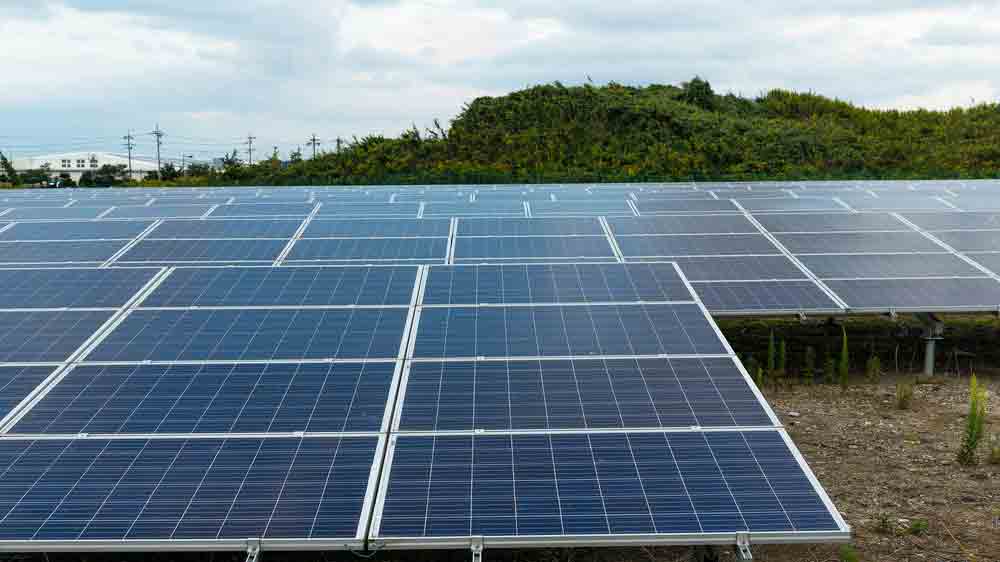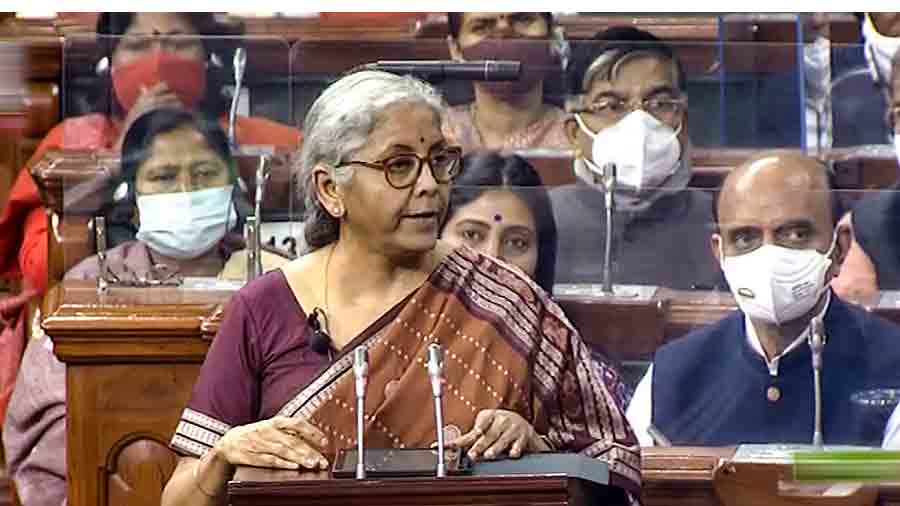Finance Minister Nirmala Sitharaman on on Tuesday announced that the government will bring a battery swapping policy to boost use of electric vehicles in the country in view of space constraints for setting up charging stations. "Considering the constraint space in urban areas for setting up (electric vehicles) charging stations, a battery swapping policy will be brought out and interoperability standards will be formulated," Sitharaman said in her Budget speech in the Lok Sabha.
She stated that the private sector will be encouraged to set up sustainable business models for battery or energy service and this will improve efficiency in EV (electric vehicle) ecosystem. "We will promote a shift to use public transport in urban areas. This will be complemented by clean tech and governance solutions, special mobility zones with zero fossil fuel policy and EV vehicles," she stated. The policy will facilitate faster rollout of battery swapping centres where EV owners would be able to refuel their EV by replacing exhausted batteries with charged ones.
This will also save time taken in charging the embedded batteries in EVs. At present, a few such options are available in the country and EV owners have to spend hours for charging their vehicles at charging stations especially in cities. Moreover, there is space constrain for setting up new charging stations in urban areas also.
Govt enhances PLI for domestic solar cells, modules manufacturing to Rs 24,000 cr

Additional allocation of Rs 19,500 crore to manufacture high efficiency (solar) modules will be made File Picture
New Delhi: Finance Minister Nirmala Sitharaman on Tuesday proposed enhancing the funding under the PLI scheme for domestic solar cells and module manufacturing to Rs 24,000 crore from the existing Rs 4,500 crore to make India an exporting nation.
"For facilitating domestic manufacturing for the ambitious goal of 280GW of installed solar capacity by 2030, an additional allocation of Rs 19,500 crore for PLI scheme for manufacturing of high efficiency (solar) modules with priority of fully integrate manufacturing units for polysilicon to solar PV modules will be made," Sitharaman said in her Budget speech in the Lok Sabha. In April 2021, the Union Cabinet approved a Rs 4,500 crore production linked incentive (PLI) scheme to boost domestic manufacturing capacity of solar PV modules. The scheme was aimed at adding 10,000 MW manufacturing capacity of integrated solar PV modules entailing direct investment of Rs 17,200 crore at present (existing). With the increase in allocation to Rs 24,000 crore, the quantum of investments and domestic manufacturing capacity envisaged under the PLI scheme would further increase.
The PLI scheme - National Programme on High Efficiency Solar PV Modules -- approved by the Union Cabinet, was aimed at reducing import dependence in a strategic sector like electricity. Under the scheme, solar PV manufacturers will be selected through a transparent competitive bidding process. The PLI will be disbursed for five years post commissioning of solar PV manufacturing plants, on sales of high efficiency solar PV modules.
Manufacturers will be rewarded for higher efficiencies of solar PV modules and also for sourcing their material from the domestic market. The PLI amount increases with increased module efficiency and increased local value addition. In her Budget speech on Tuesday, Sitharaman stated that the risks of climate change are the strongest negative externalities that affect India and other countries. She repeated the Prime Minister's quote during the COP26 summit in Glasgow last November, where he had said,"what is needed today is mindful and deliberated utilisation instead of mindless destructive consumption."
PTI










